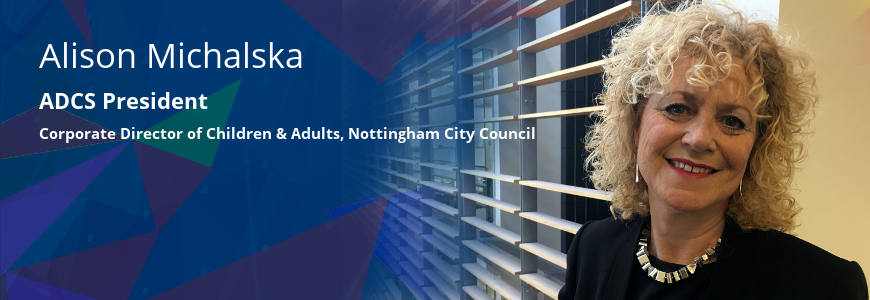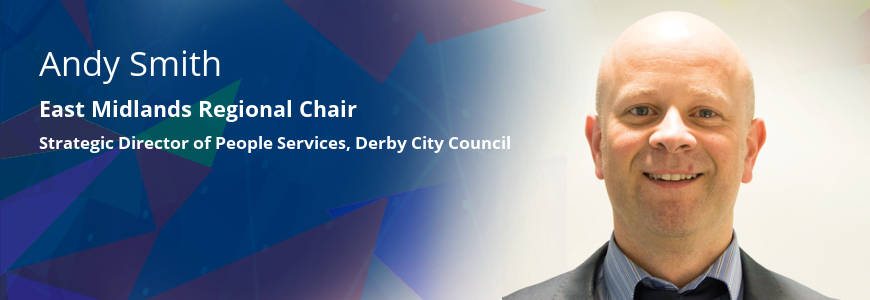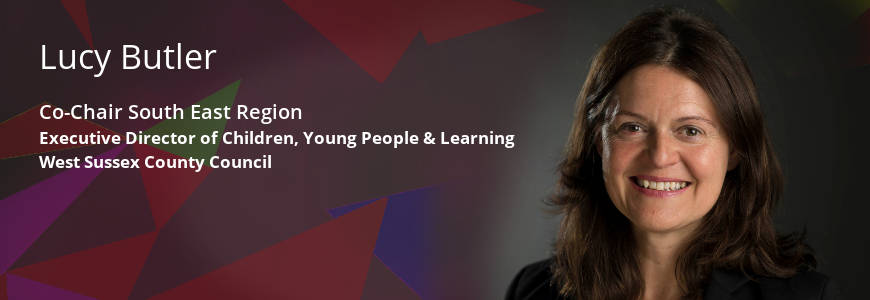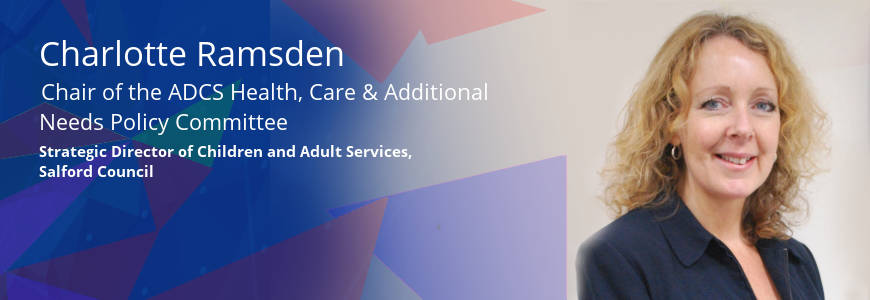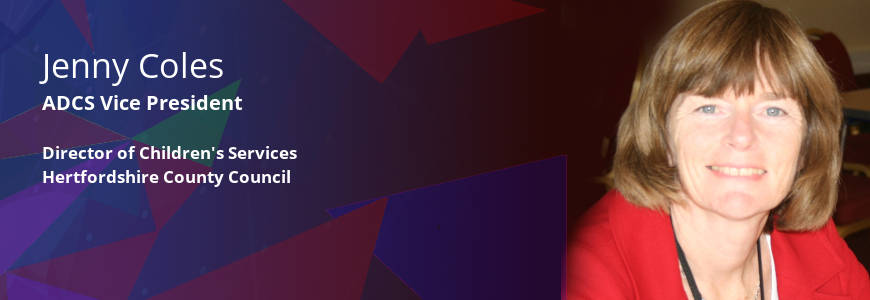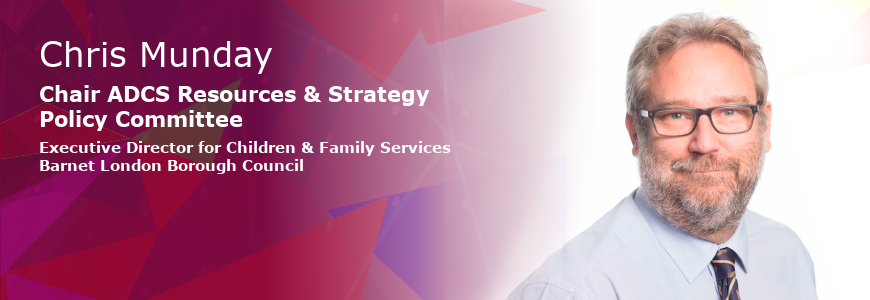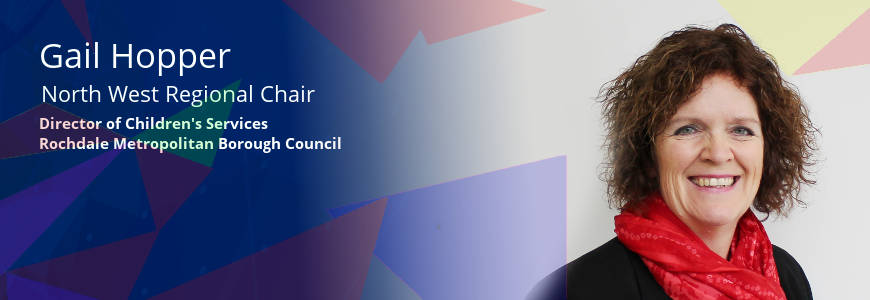Ambitions for Care Experienced young people and adults

Recently I met with Ian Dickson - a retired social worker, Ofsted inspector, residential manager, and children’s rights advocate, to discuss our shared passion for getting the best for children in care. I wanted to use this blog to reflect on our discussion and reach out across communities of interest to share some of the ambitions both Ian and I have for the future; I hope many of these will resonate with you too.
I don’t know where the care review will end up, but when I’ve been involved in discussions about what we want for the future, there is much that unites us across the sector. Ian and I are in full agreement that the following areas need addressing.
But first, let’s start with a provocation – would what we have currently be good enough for your own child? If not, then how do we create a system that would be.
Support and preparation for life
Firstly, time in care should be focused on always preparing for what lies ahead. Preparation for independence needs to be funded to include very practical preparations for when young people live more independently.
Most children in families stay within them for many years after the age of 18 and we need to create and fund the same opportunities for children who are in care for many more years than we do currently. This is harder with residential care which needs to be local and incentivised to create lasting relationships and connections, and the use of semi-independent accommodation should ideally only be used when young adults are ready and can be properly supported to cope on their own, with workable back-up plans.
Support for care experienced people should last for as long as needed, with no end date. This should be relationally focused to mend and repair relationships for life, where possible, whilst recognising the family and children trauma that has occurred. Relationships, networks, and support should be of central importance.
Continued access to education
Support for care experienced people should recognise that education and learning can be lifelong and take place at different ages for different people. This support needs to be at the pace of each individual; age should not create funding barriers.
Housing available with support
There needs to be ongoing support for tenancy, guarantees, mortgage deposits, university accommodation and a breaks system. The possibility of housing associations just for care experienced people should be explored, with the ability to buy accommodation for rent - all designed to ensure no care experienced person is homeless or in poor quality accommodation.
Employment support
Care experienced people should be able to receive lifelong support, advice, and guidance to obtain and retain employment and training. This may include provision of references, support with interviews, purchase of vital tools and equipment, opportunities for employment within the local authority, and creating links with local employers to interview care experienced people recommended by the authority.
Enhanced health access
Care experienced children and young people should be able to expect no delays in their being referred or receiving appropriate medical, mental health, emotional or dental care caused by any movements within care or changes in placement. Within the context of support with mental health and emotional wellbeing, those who are care experienced should receive priority treatment. All care experienced people should have full access to all health care records when they leave care. Where possible, no care experienced person should ever have to deal with serious illness alone.
Co-ordinated support
Leaving care services should be cross professional and departmental, mandated and fully funded, bringing together all the support that is required for these young people and adults throughout their lives.
These are the ideas that came up in our discussion and I would love to hear other ideas you may have. The ambitions that I’ve described would need considerable resourcing and development, but if we truly want to level up for these young people who have had such difficult starts in life, we need a workable national strategy to achieve it.
The care of our most vulnerable children is something we all feel passionate about. Sometimes, passion can spill over - these things happen. However, as a sector, we are bound by a common belief that our children need to grow up feeling valued, wanted, and loved. How we make that happen must be our common priority.
Related Blog Articles
Hi I’m Cassie, one of around 600 children and young people in care living in...
In Care
In my spare time, when I’m not doing the occasional bit of gardening,...
In General
We all know how important it is to be a good corporate parent and in Derby,...
In Care
I don’t think we have ever worked in a time where uncertainty and volatility...
In Education
This is my first contribution since being elected as Chair of the Health, Care &...
In Health
It can be difficult for children’s issues to get the air time they fully...
In Health
The child’s journey must be at the heart of our system. As system leaders in...
In General
In the last week, I had a really interesting series of meetings with Dave Hill,...
In Education
Having recently become Chair of the Health, Care &Additional Needs (HCAN) Policy...
In SEN & Disability
I’ve always been a bit of a data nerd, right back to when I did some work on...
In Early Help & Families
Listening to reports of yet more serious youth violence in the last few days and...
In General
A few weeks ago in Hertfordshire, we were really pleased to be one of the areas...
In Early Help & Families
Across the country we are focussing on Children’s Mental Health week. It is...
In Health
Outcomes based practice and accountability! Nothing new you might say. At a time...
In General
The year is moving forward at a pace and today I had reason to look forward in...


